
Biennial screening mammography is recommended for those who are 40 to 74 years old rather than individualizing screening decisions in this age group.

Your AI-Trained Oncology Knowledge Connection!


Russ Conroy is an Associate Editor for CancerNetwork. He grew up in Hillsborough, New Jersey, and graduated from Rutgers University-New Brunswick in 2022.
On the weekends, he likes to unwind by playing video games with friends, tailgating at Rutgers football games with his family, or building his music collection with a visit to Princeton Record Exchange.

Biennial screening mammography is recommended for those who are 40 to 74 years old rather than individualizing screening decisions in this age group.

Safety findings highlight no severe adverse effects or dose-limiting toxicities with the rintatolimod combination in late-stage pancreatic cancer.

Findings from the phase 3 DESTINY-Breast06 trial will be presented at a future medical meeting and shared with regulatory authorities.

Findings from the CheckMate-901 trial support the CHMP’s positive opinion of nivolumab plus chemotherapy in metastatic urothelial carcinoma.
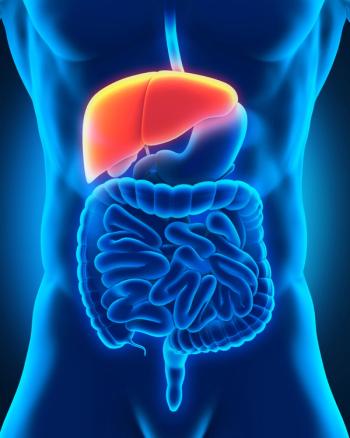
Data from 10 new randomized clinical trials support updated recommendations for various systemic therapy regimens in hepatocellular carcinoma.

Findings from the CARTITUDE-2 trial support the use of cilta-cel in patients with multiple myeloma, says Tina Glow, AAS, RN, BSN.

The phase 2b findings support the capability of eftilagimod alpha to enhance the potential of immune checkpoint inhibitors in metastatic HNSCC.

Findings from the phase 3 CARTITUDE-4 trial support the European approval of ciltacabtagene autoleucel for relapsed/refractory multiple myeloma.
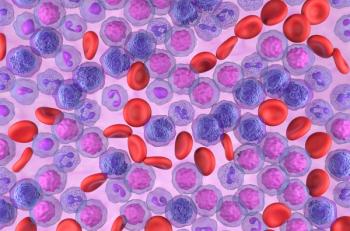
Findings from the KOMET-001 trial support the breakthrough therapy designation for ziftomenib in NPM1-mutated acute myeloid leukemia.

The FDA has set a Prescription Drug User Fee Act date of August 23, 2024, for dostarlimab in all types of primary advanced endometrial cancer.

Further research may validate identified biomarkers and refine patient selection criteria for pembrolizumab therapy in breast cancer.

Investigators of the phase 3 ALINA trial report no unexpected safety findings with alectinib in ALK-positive non–small cell lung cancer.

A series of phase 3 findings support the European approval of tislelizumab as a first-line and second-line treatment for non–small cell lung cancer.

Preliminary findings from the MB-106 trial support the potential benefit of annamycin/cytarabine in patients with acute myeloid leukemia.
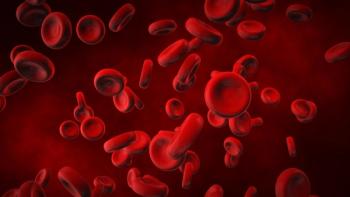
The agency recommends that all patients receiving CAR T-cell products should be monitored life-long for secondary malignancy risks.
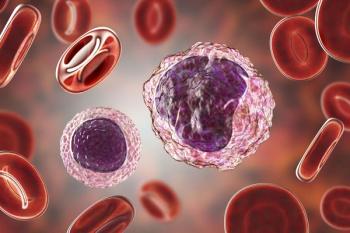
Phase 2 findings support nana-val as a promising treatment option for those with EBV-positive peripheral T-cell lymphoma.
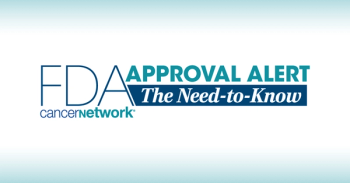
Results from the INSITE trial support the utility of pegulicianine fluorescence-guided surgery during breast cancer surgery.

Patients who are African American appeared to have worse clinical stages of colon and rectal cancer during surgery in 2020.

TLX101 is currently under assessment as a treatment for glioma in the IPAX-2 and IPAX-Linz studies.

Phase 2 findings support olutasidenib as a potentially “valuable” treatment option in IDH1-mutated acute myeloid leukemia.

Oncologic outcomes from a real-world analysis appear to be comparable with those observed in the sentinel lymph node biopsy arm of the SOUND trial.

Combining rintatolimod with pembrolizumab may confer a synergistic effect in patients with recurrent ovarian cancer.

Real-world data may serve as a benchmark for future studies in elderly patients with acute myeloid leukemia.
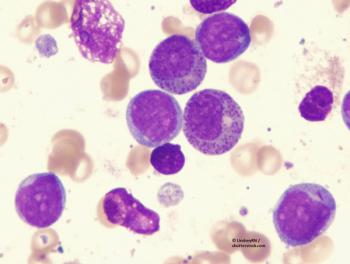
Findings from SELECT-AML-1 support the potential benefit of tamibarotene in those with acute myeloid leukemia harboring RARA gene overexpression.

First-in-patient findings support AZD1390 as a potential radiosensitizer during the management of glioblastoma.

The phase 1/2 WU-KONG1 findings support the breakthrough therapy designation for sunvozertinib for those with EGFR-mutated non–small cell lung cancer.

Patients with advanced solid tumors may be able to stay on treatment with saruparib longer compared with other approved PARP inhibitors, thereby improving efficacy.

Patients with muscle-invasive bladder cancer who remain molecular residual disease negative following cystectomy may be spared from adjuvant therapy.

Retrospective findings may establish a “framework” for improving the accessibility, timeliness, and appropriateness of surgical cancer care in disadvantaged areas.

Treatment with durvalumab raises no new safety signals among patients with limited-stage small cell lung cancer in the phase 3 ADRIATIC trial.